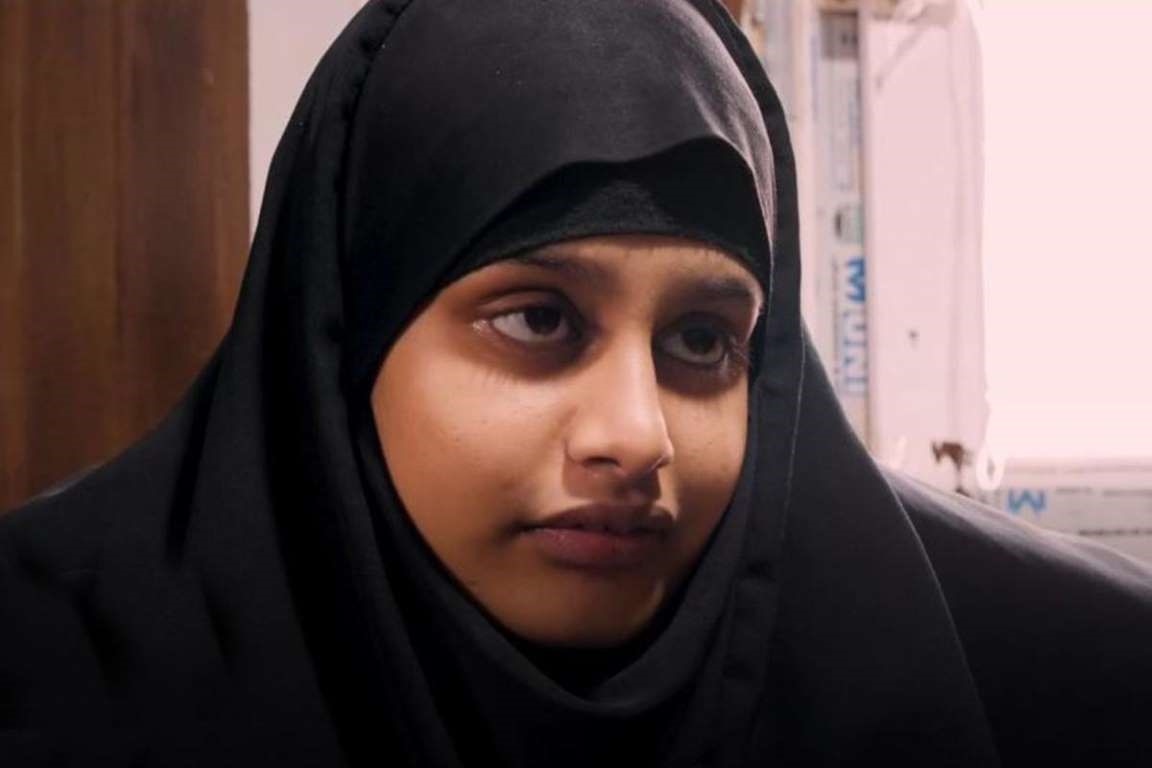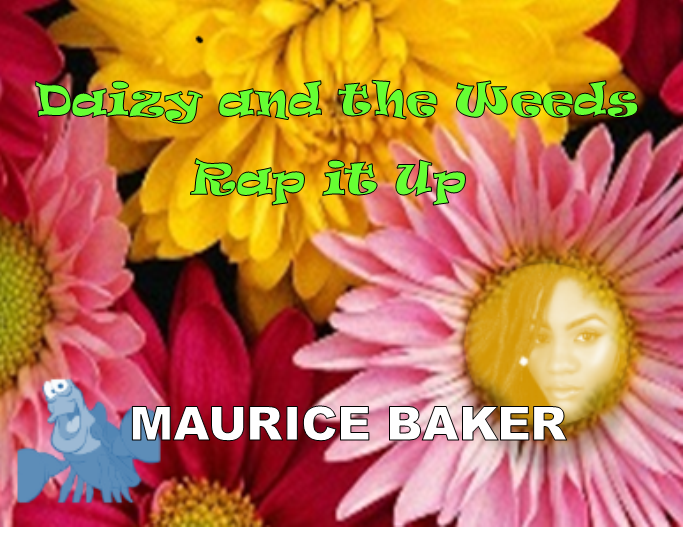Shamima Begum is a nineteen year-old girl who went out to Syria about four years ago to support IS, subsequently got married and gave birth to three children, two of whom died (probably due to inadequate health care). At the time she left the UK, along with other young women – well, just girls really – there was a lot of talk in the media, mostly assuming they had been enticed, or groomed, by extremist websites. They would soon see the error of their ways when they experienced the realities of a very nasty war which has destroyed millions of homes and created a huge refugee problem. But has she seen her error? Doesn’t seem that way. As far as I can tell she only wants to come home now because she’s living in a squalid refugee camp following the defeat of ISIS in that part of the world. Would she be asking for repatriation if IS were still in control? I don’t think so.
At the time I wrote a satirical song about these girls and now that Shamima Begum wants to come home it seemed an opportune time to revive it. My own view is simple – if she returns to the UK we should apply existing law – if she has committed a crime then she should stand trial like anyone else. So far as we know she has not committed acts of violence herself, even though she seems to condone others who do, nor has she produced propaganda attempting to persuade others to join terrorist organisations. We may not like her views and feel she is naïve, maybe even stupid, but is she a criminal? Let the law decide. Also, if she is allowed back, we should treat her decently as a demonstration of how we, in a democratic country, can be benevolent and forgiving – far from the narrow-minded ideals and violence that IS espouse.
WHEN THE GIRLS COME HOME
When the girls come home, back from overseas,
When they’ve had enough of bombing with a baby on their knees.
What will they tell their mothers, and their poor old dad?
We’ve had a lovely holiday a-fighting for jihad?
When the girls come home, from joining up with Isis,
Thought it was one-way trip to paradisis.
Like a Butlins with bullets, or a Boy Scout jamboree,
All singing Allah-hu Akbar – a virgin bride for me
When the girls come home – if they’ve still got their heads on,
A bloody revolution – was what the soldiers reckon.
Strutting up and down there with a great big gun.
Now off with your burkas, let’s have a bit of fun.
When the girls come home, if they should ever make it,
Cos living in a war zone – is really rather hectic.
Killing all those infidels – bang, bang, bang.
Although they never harmed us when their church bells rang.
When the girls come home, with a load of crazy guys,
Intent on rape a pillage and with hate-filled eyes.
Crying death to your democracy – the end is nigh.
But for you the war is over, it’s time to say goodbye.
When the girls come home, so the politicians say,
Give ‘em a good talking to – that is the British way.
Don’t tell ‘em they’ve been stupid, irresponsible or wrong,
And no you can’t come back here when you never should have gone.


